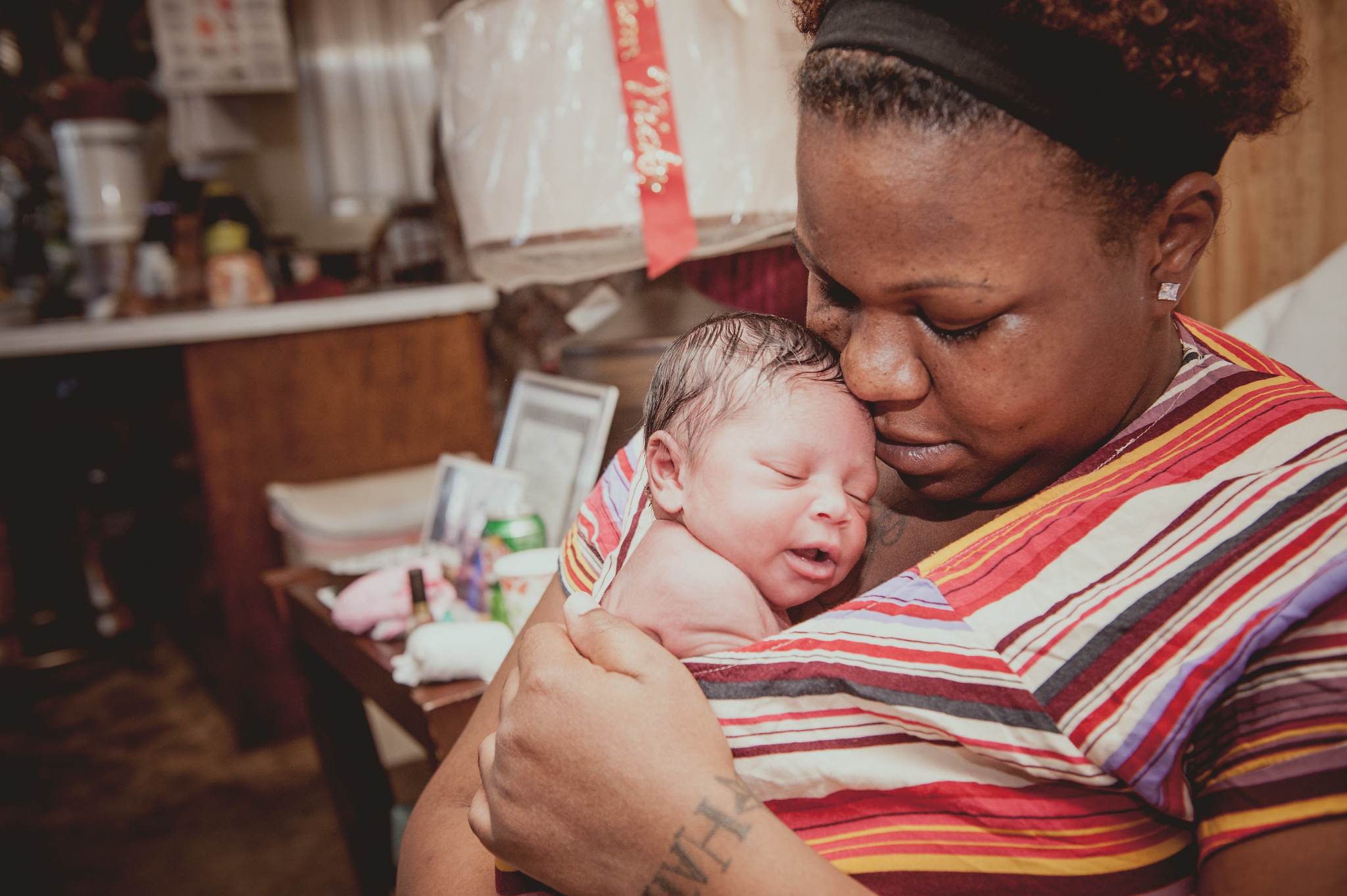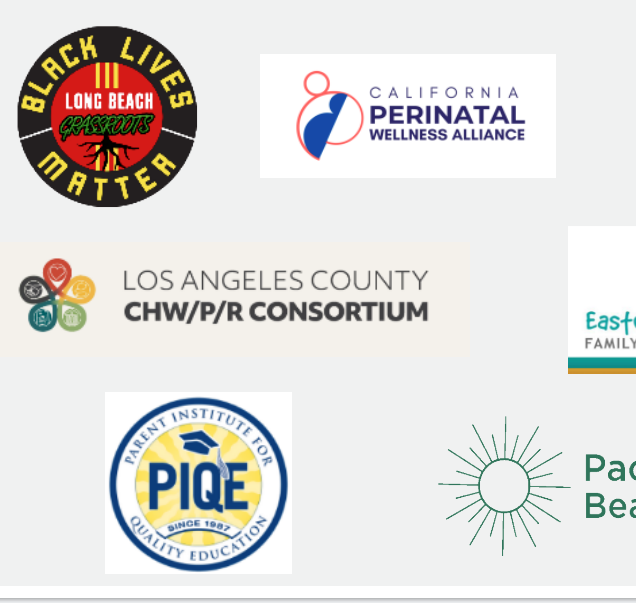August 3, 2021
When it comes to breastfeeding, racial equity is an issue. According to the Centers for Disease Control, fewer than 60% of Black mothers have ever breastfed compared to 75% of white mothers. Breastfeeding builds immunities, is free and provides excellent nutrition and Black babies are in greater need of its benefits than ever. Why?
Racial inequality results in health inequality. Black babies die at twice –– and in some places, three times –– the rate as white infants. According to the CDC, increased breastfeeding could decrease infant mortality by as much as 50%. Additionally, it has been shown to reduce risks of SIDS, asthma, Type II diabetes, respiratory infections and other illnesses that Black children have in greater numbers than others.
Racial inequality results in access inequality. Black communities may be “first food deserts” –– a term coined by Kimberly Seals Allers, one of the founders of Black Breastfeeding Week –– meaning access to healthy food that supports breastfeeding may be limited.
Racial inequality and breastfeeding bear a cultural legacy –– and lack of diversity. The historic role of Black women as wet nurses in enslavement and beyond, the lack of role models and multi-generational support for breastfeeding and a woeful lack of diversity in lactation education and support has contributed to fewer black women breastfeeding.
Black Breastfeeding week was launched over nine years ago by Kimberly Seals Allers, Kiddada Green and Anayah Sangodele-Ayoka. Black Breastfeeding Week grew out of the need to promote awareness and highlight the special challenges and triumphs of being Black and breastfeeding. To learn more about events and activities this year, visit at Black Breastfeeding Week.





